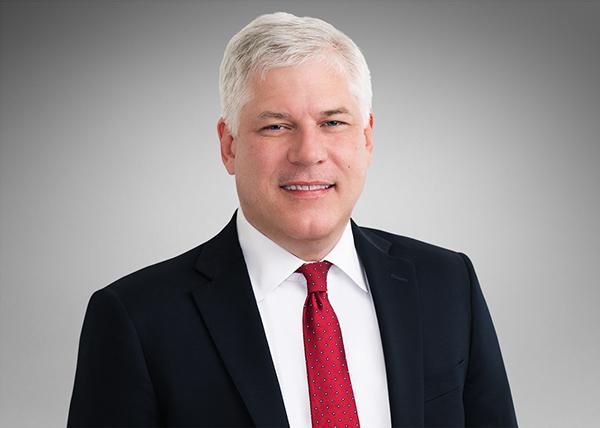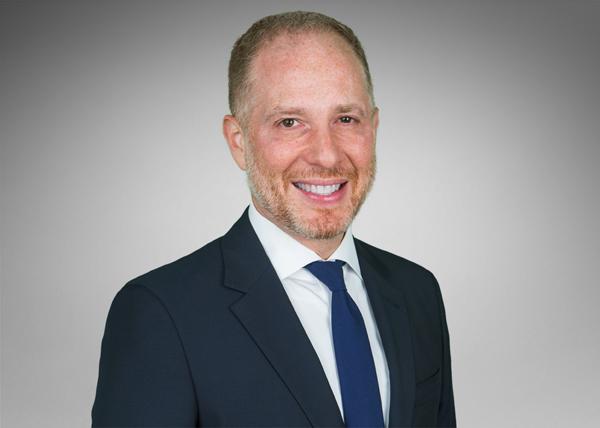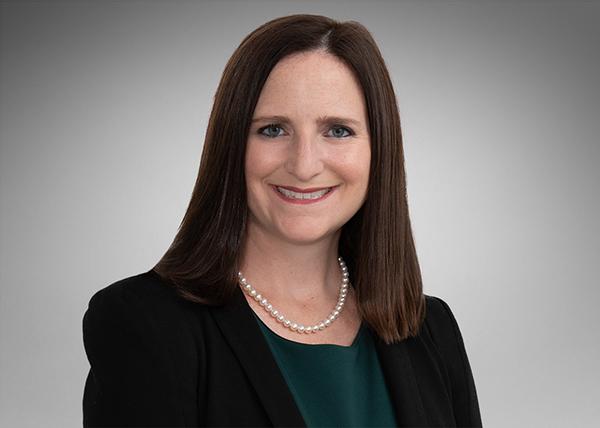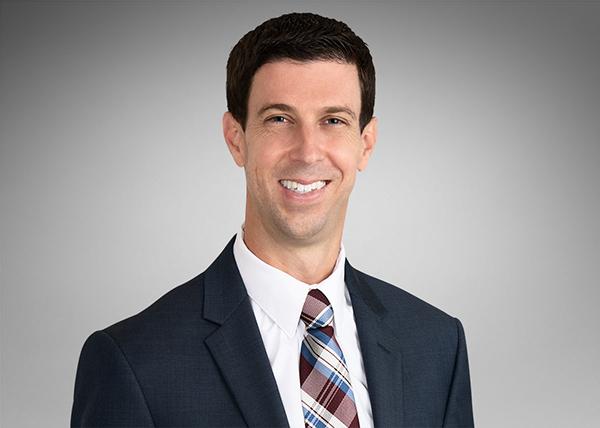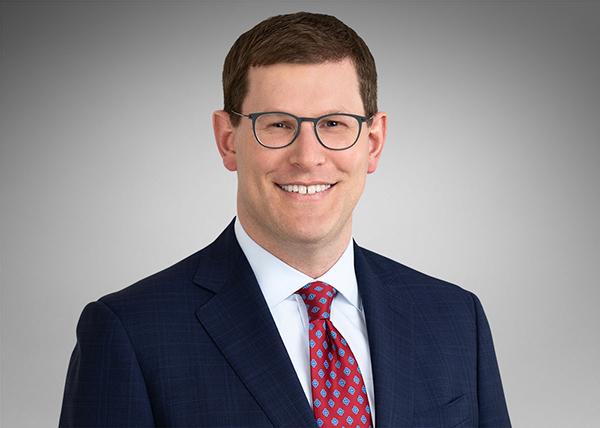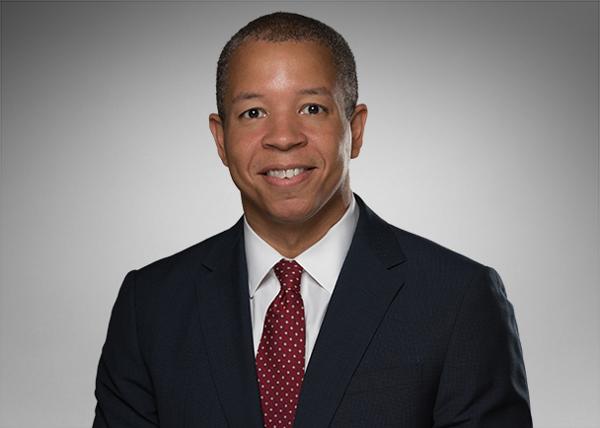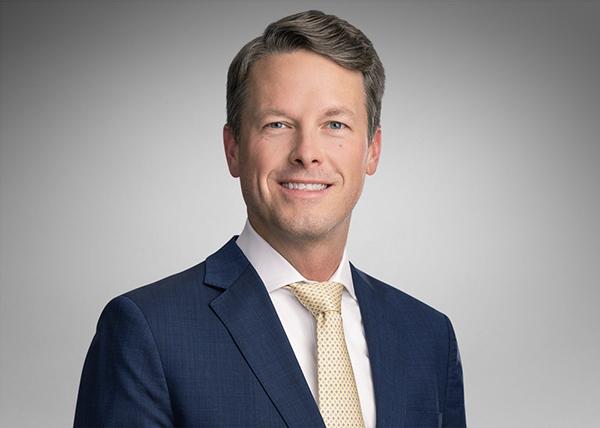What You Need to Know
- Last week, the White House published a multi-dimensional strategy for fighting corruption around the world. Taken in combination with other recent statements from the White House and from Justice Department officials, this publication is yet another tone-setting proclamation underscoring the Administration’s commitment to detecting, deterring, and punishing corruption at home and abroad.
- Although the plan is heavy on high-level policy objectives and light on specifics, it portends increased focus on anti-money laundering enforcement, enhanced partnerships with a multitude of government and non-government actors in targeting corruption, and potentially new legislative tools.
- The steady drumbeat of announcements in this space sends an unmistakable message that companies should not take comfort in the recent dip in corporate anti-corruption resolutions. Rather, companies should expect to see dogged pursuit of such matters by U.S. domestic enforcers, aided by partnership with their international counterparts.
- In anticipation of increased scrutiny and enforcement, companies should redouble their focus on investing in and building out robust compliance programs tailored to their particular risk profiles and areas of exposure. Those that do not will face more intense scrutiny and harsher punishment in the event of an enforcement action.
The “United States Strategy on Countering Corruption” Solidifies Anti-Corruption Enforcement as a Top Priority of the Biden Administration
Last week, the White House released the United States Strategy on Countering Corruption (“the SCC”). The SCC is unambiguous in its message: the U.S. government intends to lead the charge both domestically and internationally in the fight to root out corruption, which it views as a core national security interest of the United States. The specific pronouncements in the SCC do not necessarily break new ground.
Instead, the SCC’s most significant import is the degree to which this Administration is publicly prioritizing anti-corruption enforcement, which comes into sharper relief when read in the context of other recent announcements coming out of the Biden Administration. Over the past six months, both the White House and the Department of Justice (“DOJ”) have published multiple announcements and initiatives declaring corruption as a core enforcement priority. In June, the White House published the precursor to this more comprehensive strategy document (covered in a previous alert), which identified anti-corruption as a “core United States national security interest.” Over the following month, the administration released two separate policy announcements focused on anti-corruption efforts in Central America (covered, respectively, in alerts here and here). More recently, DOJ’s Deputy Attorney General announced a raft of policy changes designed to better arm prosecutors to aggressively pursue corporate and individual accountability in white collar enforcement (covered in our alert). In the wake of these policy statements and initiatives, it is notable that the Administration chose to yet again underscore its tough-on-corruption efforts, this time in the form of a 38-page policy document.
Given the government’s repeated, explicit messaging, companies doing business in the U.S. and through the U.S. financial system should take heed. The U.S. government’s fight against corruption will be well-resourced and driven from the top levels of government. Companies should prepare for enhanced scrutiny of operations across the board, as well as vigorous enforcement of corrupt conduct by any number of authorities. Accordingly, now is the time to invest—or continue to invest—in robust, meaningful, and measureable compliance program enhancements, including pressure testing existing programs through program assessments to gain comfort around their efficacy.
The Five Pillars of the SCC
The SCC outlines a whole-of-government approach to curbing “corruption and its deleterious effects,” organized around “five mutually enforcing pillars of work”:
- Modernizing, coordinating, and resourcing U.S. Government efforts to fight corruption;
- Curbing illicit finance;
- Holding corrupt actors accountable;
- Preserving and strengthening the multilateral anti-corruption architecture; and
- Improving diplomatic engagement and leveraging foreign assistance resources to advance policy goals.
The SCC further identifies several “strategic objectives” for each pillar, as well as “lines of effort” (“LOEs”) for working towards those objectives.
While these strategic objectives and the LOEs that underlie them are of a more general nature—with which those well versed in the anti-corruption enforcement world will be familiar—there are two notable themes and developments worth highlighting, namely: (1) expansive collaboration and coordination with domestic and foreign authorities, as well as less traditional non-government partners; and (2) increased emphasis on anti-money laundering enforcement.
The SCC also directs federal departments and agencies, coordinated by the National Security Council, to report annually to the President on progress made toward achieving the enumerated strategic objectives. Officials with a role to play in these expanded anti-corruption efforts will surely take this reporting obligation as a signal that they must demonstrate an emphatic pursuit of corruption.
1. Collaboration and Coordination Amongst Enforcers and Private Stakeholders
Throughout the SCC, the White House signals that it expects a broad and coordinated effort to curb corruption. The SCC calls on domestic allies, including offices across the federal government and at the state, local, and tribal government levels, to participate. The SCC also stresses the importance of working with international partners, including foreign governments and international organizations. This approach is consistent with recent statements highlighting the value of cross-office coordination, including a declaration from DOJ’s Fraud Section last month that “[j]ust like we’re coordinating increasingly with foreign authorities, we’re going to be coordinating increasingly with our domestic counterparts.” It also follows the creation of a Joint Task Force that unifies several federal government enforcers and an initiative to embed an FBI squad in DOJ’s Fraud Section, announced in October.
Extending beyond oft-repeated statements about domestic and international cooperation and coordination between and among enforcers and international organizations, the SCC urges coordination with civil society, media (including investigative journalists), and the private sector, “especially in countries where governmental cooperation is impractical.” Specifically, the U.S. “will seek to enlist the private sector as a full-fledged partner in the fight against corruption,” encouraging private sector actors to share information on best practices, collaborate on technological solutions to prevent and detect corruption, and drive advocacy for anti-corruption reform. While officials have been reluctant in the past to pull back the curtain on their means and methods of collecting leads, the SCC perhaps provides a window into non-traditional sources on which the enforcers have relied in the past.
2. Increasing Focus on Anti-Money Laundering Enforcement and New Legislative Tools
Beyond continuing to hammer the benefit of working with partners domestically and internationally, the SCC places particular emphasis on the need to identify and address vulnerabilities in the financial system. It calls for heightened anti-money laundering enforcement against corporations and individuals alike, spotlighting the role that money laundering and unlawful trafficking play in permitting criminal actors to “shelter the proceeds of their illicit activities.” To further identify anti-money laundering violations, the SCC highlights the creation of the Kleptocracy Asset Recovery Rewards program, which allows for payments to individuals who provide information leading to the recovery of such assets. In light of the success of the SEC’s Whistleblower Program, demonstrated through record-breaking awards, this program could generate a significant flow of new leads for authorities.
The SCC also contemplates efforts to enact legislation to criminalize the “demand side of bribery”—the receipt of bribes—which may bolster the work of the bipartisan Congressional Caucus against Foreign Corruption and Kleptocracy, which was announced in June. The SCC also calls for new legislation and regulations to target those who are in a position to enable money launderers, “including lawyers, accountants, and trust and company service providers.” This focus on so-called gatekeepers follows a recent statement by the Securities and Exchange Commission’s (“SEC”) Enforcement Director indicating that targeting gatekeepers as the “first lines of defense against misconduct” will “remain a significant focus for the [SEC’s] Enforcement Division.”
Looking ahead, these initiatives reinforce the view that DOJ will lean heavily on existing anti-money laundering enforcement tools, as well as potential new tools, to pursue conduct that lies beyond the reach of the FCPA’s jurisdiction, as we have predicted previously.
Looking Ahead
The key takeaway for companies that operate in the U.S. or that use the U.S. financial system is evident: invest in compliance now or risk increasingly vigorous enforcement and oversight in the case of misconduct. The head of DOJ’s Criminal Division made as much clear even before the White House announced the SCC: “I want to reiterate to compliance folks here, as someone who has been in their shoes, they should understand that my scrutiny is going to be very rigorous. . . . I'm trying to highlight that if you are proactive now, and you properly resource these programs . . . there will be significant rewards for your organization.” Companies that fail to follow this advice will find that when they “come within the crosshairs of the government, there’s going to be significant oversight.” When paired with the Department’s recent announcement removing any presumption against the imposition of a monitor as part of a criminal resolution (covered in a previous alert), as well as other indications of a bullish enforcement environment, there has never been more enforcement-related incentive to proactively enhance compliance initiatives.
Alert Authors
The following Covington lawyers assisted in preparing this client update: Don Ridings, Dan Shallman, Jennifer Saperstein, Adam Studner, Leah Saris, and Josh Roselman. If you have any questions, please contact them or other members of our Anti-Corruption/FCPA Practice Group.
Back
Back




